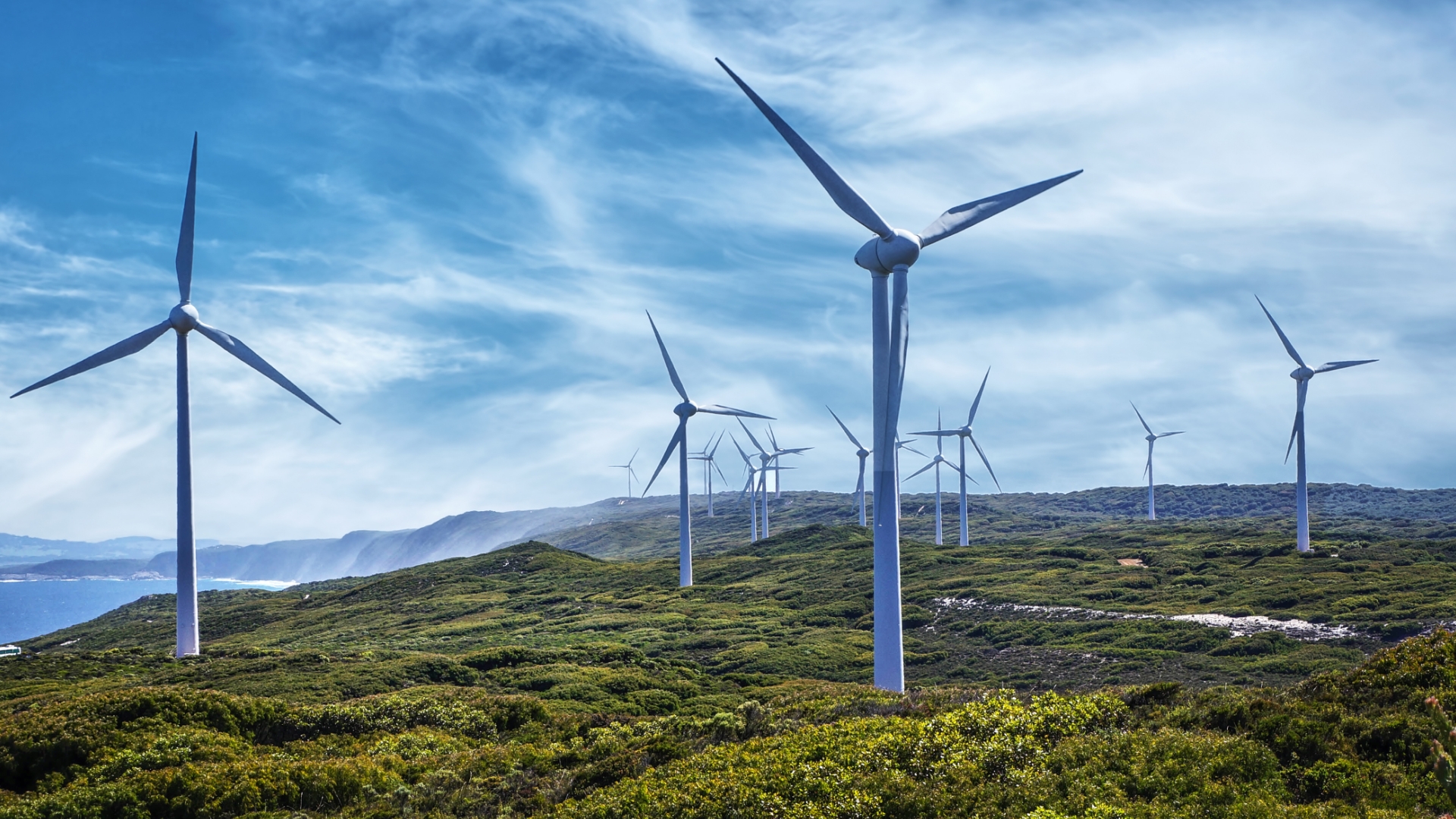
-
2-1
-
2-6
We are the biggest vertically-integrated producer and supplier of electricity and heat in Poland. We are changing and so is the Group’s structure and our impact on the environment.
In 2023 PGE Group expanded its operations to include the rail power segment and became a major distributor and seller of energy to the rail sector.
From production to delivery to customers
We operate across the entire energy value chain. We produce electricity and heat at our power plants and CHPs from both fossil fuels and renewable energy sources. We then supply and sell these to our customers throughout Poland, both households and businesses, institutions and local authorities. We also provide additional services in the field of energy.
Our activities are complemented by our activities in the area of circular economy. Combustion by-products management at PGE Group, based on circular economy, leads to the use of waste as full-value substances managed in other branches of the economy. In 2023, the PGE Group’s activities expanded to include the segment of energy services for the railway sector, and PGE Energetyka Kolejowa supplies and sells energy to the traction network throughout Poland.
Main assets of the PGE Capital Group
Building sustainable value
Along with progress in implementing PGE Group’s Strategy and the government’s plan to spin off coal assets, our model will change – from its key role as an electricity generator, PGE will become primarily an energy distributor. Only with the implementation of investments in new generation sources, especially offshore wind farms, will PGE’s generating potential be rebuilt. In a changing organisation, capitals and their effects will also evolve.
Human capital
- Number of employees: 38 355 people
- Employee volunteering
- Management of diversity
- Social dialogue
Human capital
- Employees: decrease in employment as a result of the spin-off of PGE GiEK and demographic and digitalisation trends
- Further development of employees focused on the area of renewable energy and modern energy services
Intellectual capital
- Research and Development Centre for Circular Economy
- Research and development programs
- Cooperation with scientific institutions
Intellectual capital
- 100% remote customer service capability
- Automation and digitalisation of processes
Natural capital
- Lignite output 51.1 million tonnes
- Wind power capacity 772 MW
- Volume of water used for generation purposes 23,343 million m3
Natural capital
- Carve-out of coal assets
- Wind power capacity additional 1 GW
- Photovoltaic capacity > 3 GW
- Offshore wind farms in the Baltic Sea 2.5 GW by 2030 and 6.5 GW by 2040
Financial capital
- Equity PLN 54.4 billion
- Cash PLN 11.9 billion
- Available credit lines in current acounts PLN 3.8 billion
Financial capital
- Share of support funds in PGE Group’s financing needs at 25%
- Investments in the project finance formula
- Use of the potential of green debt financing
- Funds from equity issue of PLN 3.2 billion
Production capital
- Installed electricity capacity Conventional Generation 12 852 MW
- Installed electricity capacity Renewables segment 2 428 MW
- Installed thermal power District Heating segment 6,923 MWt
- Length of distribution network 298,670 km
Production capital
- Spin-off of coal assets (-12.8 GW)
- Change in energy mix towards low- and zero-emission sources
- Conversion of CHP plants to gaseous fuels and biomass, use of electrode boilers and large-scale heat pumps
- Development of distribution networks to make full use of distributed sources
Social capital
- Just Transition for mining regions
- PGE Group Code of Ethics in relations with counterparties
- Involvement in charitable activities (PGE Foundation)
- Sponsoring culture and sport
- Nurturing national identity
Social capital
- Clean air and water. Cooperation in programs to combat smog.
- Cooperation with energy communities
- Building awareness and public engagement on the energy transition – „Leading the green change”
- Stakeholder education on the energy transition
Outcomes for employees
- Total number of training days 42 872
- Cost of employee benefits PLN 6,092 million
- Competence Development Centre
Outcomes for employees
- Provision of a modern and friendly working environment
- Development of competences and qualifications
- Redeployment and retraining in energy transition regions
Outcomes for the environment
- CO2 emissions 70.0 million tonnes
- Land rehabilitated 2300 ha
- R&D programs focused on environmental protection: 17
- Construction of offshore wind farms with 2.5 GW capacity by 2030
- Volume of combustion-by products received from suppliers 3.6 m tonnes
Outcomes for the environment
- over 120 million tonnes of CO2 emissions avoided by 2030
- Increase in waste recycling rate and reduction in landfill volume
- Generating energy from waste – new thermal waste treatment installations
Financial outcomes
- EBITDA PLN 8,657 million
- Capital expenditures PLN 7,053 million
- Financial standing: long-term rating Baa1 (Moody’s), BBB+ (Fitch), stable outlook
Financial outcomes
- EBITDA in 2030 PLN 6+ billion
- Average annual capital expenditures in 2021-2030 PLN 7.5 billion
- Stable credit rating maintained
Outcomes for customers
- Customer Satisfaction Index (for PGE Obrót) 88%
- Connection of new customers to the district heating network (+218 MWt)
- Renewable energy sales offering (2.8 TWh in 2022)
Outcomes for customers
- 100% remote customer service capability
- Maintaining the highest level of customer satisfaction in the energy market
- Renewable energy installations for customers
- >100,000 individual heating sources replaced by 2030
Social outcomes
- Taxes paid PLN 7,640 million
- Donations made by PGE Foundation: over 600 donations for over PLN 15m
- Volunteer hours for social purposes: 13 920
- Concept for the transition of the Bełchatów region
Social outcomes
- Social engagement and corporate social responsibility
- Increased involvement in new investment regions, e.g. offshore wind farms
- Continued involvement in coal regions despite spin-off of coal assets



